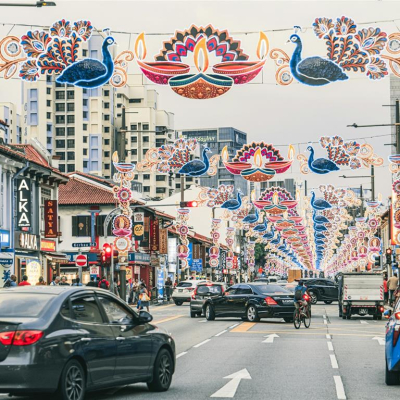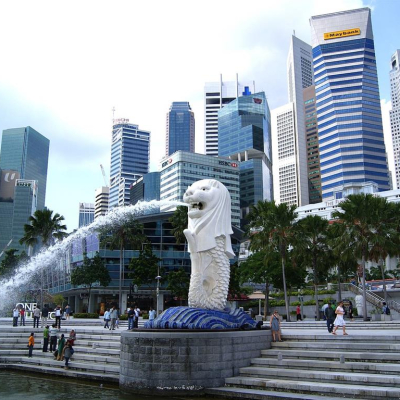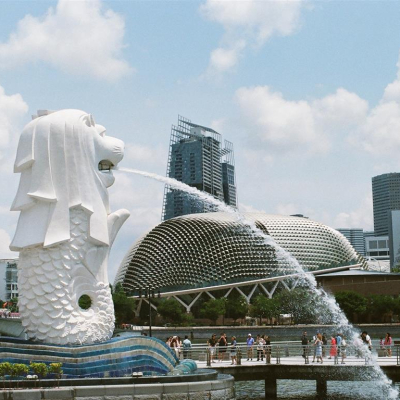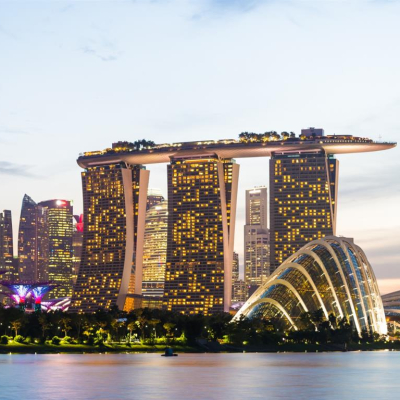Should Expats Buy or Rent property when Living in Singapore?

Sponsored by Hei Biz
For many professionals, living and working in Singapore is a life goal. If you are an expat who is making a move to the bright lights of Singapore, there is a lot to think about. To make the most of all that Singapore has to offer - the high standard of living, great work and cultural opportunities - you must decide how you want to live there.
Property in Singapore can be pricey, so deciding to buy is a big decision. If you are wondering how best to use your money, we are going to take a look at the pros and cons of buying versus renting in Singapore’s competitive market.
Explore the options for expats
You might not be familiar with the Singaporean attitude to real estate - the government is a lot more involved in this than you may be used to in your country. This means that the market can quickly change to favour either the buyer or seller - so depending on when you are looking to buy, you may be able to strike at a good time. However, if you later look to sell your property, this may mean you lose out.
Expats can still take advantage of mortgages in Singapore, from lenders such as Hong Leong Finance, which offers home loans that often have promotions and offers attached to encourage you to use them. This can mean that buying might look more attractive, as you are putting your money towards owning your own part of Singapore, rather than paying money to rent someone else’s home.
Be aware of your property choices
Singapore is very welcoming to foreigners looking to invest in property, but you will likely come up against some regulations that work against you. For example, HBD flats (which you may know as public housing), is only an option if you are a citizen of Singapore or you have obtained a permanent residency.
As an expat, you do still have a lot of good options. For example, you can buy apartments but will need to seek extra permission to buy property such as bungalows.
If you do wish to rent, the options are more open - you can even rent an HBD unit as an expat.
Will you be staying?
Do you intend to make Singapore your home for the foreseeable future, and potentially permanently? If not, when you purchase a property and then sell it in under four years, you will be subject to stamp duty tax. This means that, for those who are only looking to remain in Singapore for a few years, buying may not be the most sensible choice.
Look at standard costings
If you know anything about Singapore, you may already be aware that it is one of the more expensive places to purchase property. While you can get a mortgage as a non-citizen, you will only be offered up to 80% of the purchase price. This means that your down payment could be hefty, which might be a challenge if you aren’t settled in your job yet. In fact, a pretty standard down payment on an apartment in the city might set you back 200,000 Singapore Dollars.
You may also face additional fees as a foreign national, with 15% extra in stamp duty being standard. While some overseas investors may be exempt depending on their country of origin and what trade agreements are in place, it is best to keep these high costs in mind.
Invest in exploration
Unsure as to whether you should buy or rent? Consider that by tying yourself to one property, you may be missing out on opportunities in Singapore. Exploring by renting different properties in different places can help you to decide on a spot you really love - but beware, this does come with a lack of stability.
If you are done with renting and looking for a place to call your own with potential future investment returns, you may consider the upcoming luxury condominium development Liv MB situated along the east coast of Singapore.
As you can see, there are many pros and cons when it comes to buying or renting in the bustling metropolis of Singapore. If you are struggling to make your choice, don’t be afraid to weigh your options carefully and spend some more time in Singapore before deciding what to do. Discussing this with other expats can help you to know exactly what you want to do - good luck!
- My Life Abroad -
A selection of expat stories

"A fun compulsive read!"
J. Matcham, Amazon
"I strongly advise people ready to live abroad to read this book!"
Patrice, Amazon

 Uncovering the Best neighbourhoods in Singapore for Expats
Uncovering the Best neighbourhoods in Singapore for Expats Property rental price in Singapore
Property rental price in Singapore The Ultimate Guide: Buying Real Estate as an Expat
The Ultimate Guide: Buying Real Estate as an Expat 
 AGS Worldwide Movers
AGS Worldwide Movers Fexco payment solutions
Fexco payment solutions 1stMove Car Shipping
1stMove Car Shipping Effective Strategies for Managing Your Finances in Singapore
Effective Strategies for Managing Your Finances in Singapore Singapore new Work Visa for high-paid expats
Singapore new Work Visa for high-paid expats